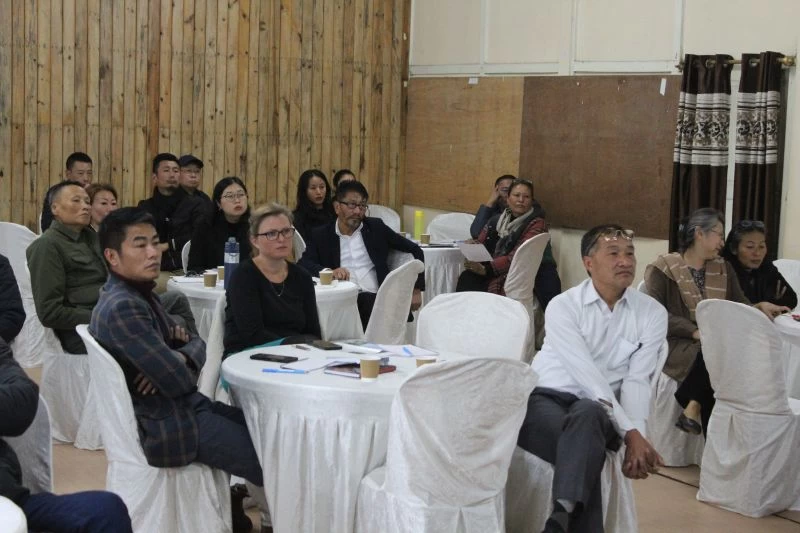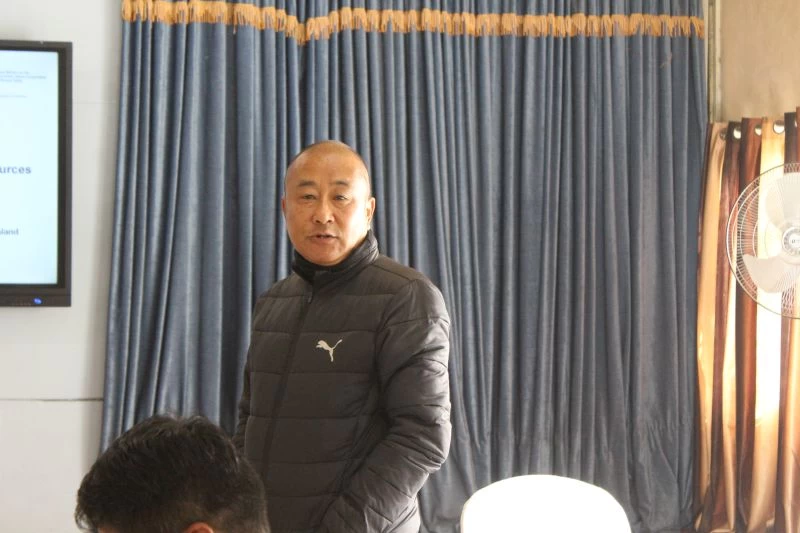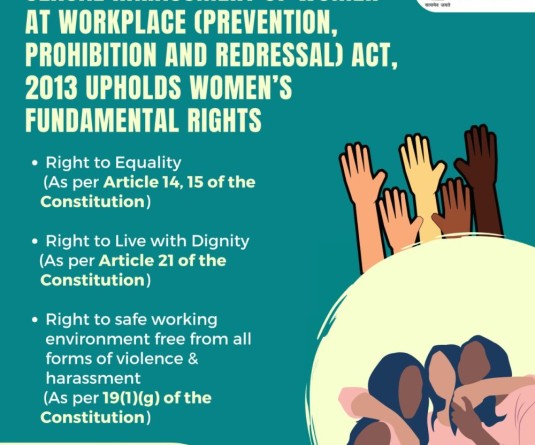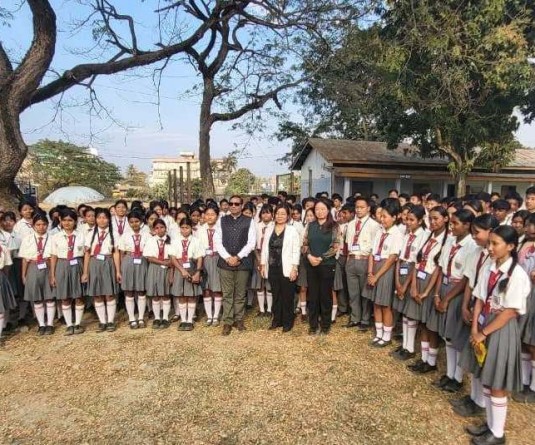Patricia Dorn, Team Leader and Project Director of NERAQ.
Jotsoma, November 20 (MExN): The State level experience sharing workshop on protection and sustainable management of aquatic resources NERAQ Project, GIZ was held at the Kohima Science College conference hall on November 20.
The workshop, organised by the Indo German Bilateral Cooperation ‘Protection and Sustainable Management of Aquatic Resources’ in the North-eastern Himalayan Region of India (NERAQ) with Kohima Science College is the second workshop held in Nagaland state to bring the importance of traditional knowledge for climate resilient aquatic ecosystems management into sharp focus.

Dr Temjenwabang Longkumer, Principal, KSCJ delivered the welcome address, highlighting Deutsche Gesellschaft für Internationale Zusammenarbeit, GIZ’s 60 years of work in India, which began in 1971, and its notable achievements, including the National Health Scheme, Indo-German Environmental Forum, Clean India Project, Skill India Project and many more.
Patricia Dorn, Project Director of NERAQ exclaimed the expectations from this workshop were great, particularly in developing eco-tourism and conserving aquatic resources. “We have worked with ZSI (Zoological Survey of India) and received big learning from them. We have also received help from Nagaland University,” she said.
A separate team under NERAQ, funded by FES, was working on National Level Biodiversity Actions and strategies for Nagaland, with an expected International Office at Kohima Science College which will not only be an opportunity for the college, but the Nagaland as a whole.
She stressed on the integration of various development in aqua-tourism in regions like the element project to add on freshwater aspects like the capacity development projects in Meluri, and to bring them together.
The workshop aimed to develop eco-tourism, and a multidisciplinary course was launched, combining Botany, Zoology, and Anthropology, with a focus on Traditional Knowledge which was discussed in detail by Dr Kevilhouneino Nagi, Head of Department, Anthropology.
Video presentations of the initiating team were also shown on “When you go home, tell them that the indigenous people are also contributing to the lungs of the world.”

The technical session featured Dr Limatemjen, Asst. Professor of KSCJ from the Department of Zoology, who has been working closely with the ZSI for the third time. He discussed the ZSI’s discovery of four fish species, including the new species of glyptosternine catfish, Exostoma sentiyonoae, discovered by Dr Limatemjen, in the Dzuleke River in Nagaland.
He discussed on the snow trout fish, which is susceptible to temperature changes and can be used as an indicator of climate change. The session also highlighted the potential of Pitika fish culture in Poilwa village, which has water throughout the year. He stressed on the potential of the village in the practice of pisciculture for two important fish species- the chocolate mahseer and snow trout.
The virtual session on the topic “IUCN Assessment of Aquatic Resources” was presented by Dr Shaikhom, the IUCN Assessor.
The workshop included interactive sessions, physical presentations, and group discussions. Four groups were formed to discuss conservation, research and assessment, capacity development, and livelihood interventions. The groups identified key stakeholders, including local communities, educational institutions, government agencies, and international organizations towards the upliftment of the organization and its benefits for the people.
The concluding remarks were delivered by Supongnukshi, Chief Conservator of Forest and State Nodal Officer of NERAQ. He emphasised the importance of full-fledged program initiation and implementation of various projects under the initiative.
The next workshop is scheduled for November 26 at Guwahati where four states (Assam, Manipur, Meghalaya and Nagaland) under the Indo-German project on Protection and Sustainable Management of Aquatic Resources in NERAQ will come together to discuss further progresses at the regional level and incorporate the outcomes of this project at the policy level.






